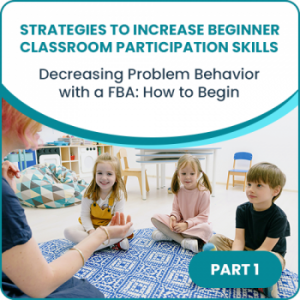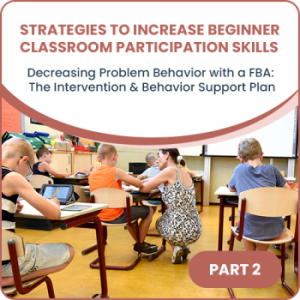Language Regression in Autism
The term autism is used to describe a number of developmental and conditions that are characterized by verbal communication delays, among others. Research shows that 88 percent of children experiencing language regression meet the criteria for autism.
According to statistics, about 30 percent of children diagnosed with autism suffer from language regression, which is usually associated with major social deficits. Language regression in children with autism may be seen in the loss of a few words that manifest themselves together with the loss of other non-verbal communication skills.
Language regression in autistic children usually appears relatively early, before the children reach the age of 2 years. According to reports from parents with autistic children, about 25 percent start developing words between the ages of 12 and 18 months before losing the words.
This is one of the helpful signs of autism diagnosis. According to a longitudinal study of toddlers conducted in 2004, this type of language regression that manifests itself after the onset of normal language is unique to autism. It is not seen in children with other developmental difficulties.
Language regression usually takes place gradually. You will notice that a child with autism takes unusually long to learn new words in addition to the fact that they will stop engaging in the communication routines they had taken part in earlier. The regression takes place when the children are still in the process of learning new words when their expressive vocabularies are still relatively limited.
However, it is still quite frustrating for parents when they notice their children losing the language skills they had acquired. Nevertheless, this does not interfere significantly with the children, with studies showing they only have slightly lower verbal IQ scores than children with no history of loss when they reach school age.
The reports received from parents with autistic children are very important in measuring the developmental milestones associated with the kids’ language. Diagnostic interviews have been developed to diagnose autism spectrum disorders. An example is known as the Diagnostic Interview.
Several studies of autism in young children show that the affected children keep making progress in both language and other related developmental domains past the pre-school age.
References:
Goldberg WA 2003
Schlomo Shinnar et al, 2000
Kurita, 1985
Richler
Lord, Rutter and Le Couteur, 2003
Copyright © by Special Learning Inc. All right reserved.
No part of this article may be reproduced in any manner whatsoever without written permission except in the case of brief quotations embodied in critical articles and reviews. For information, contact Special Learning Inc., at: contact@special-learning.com








